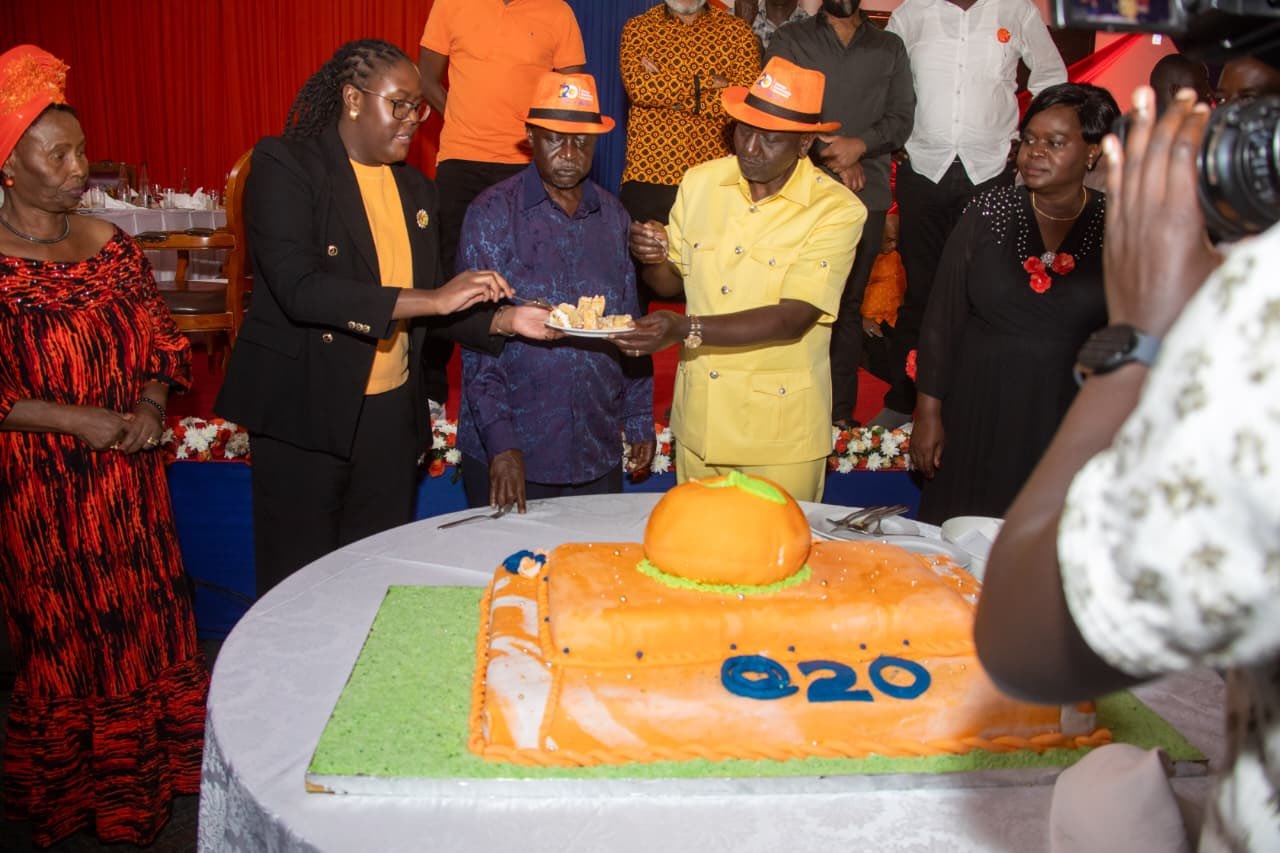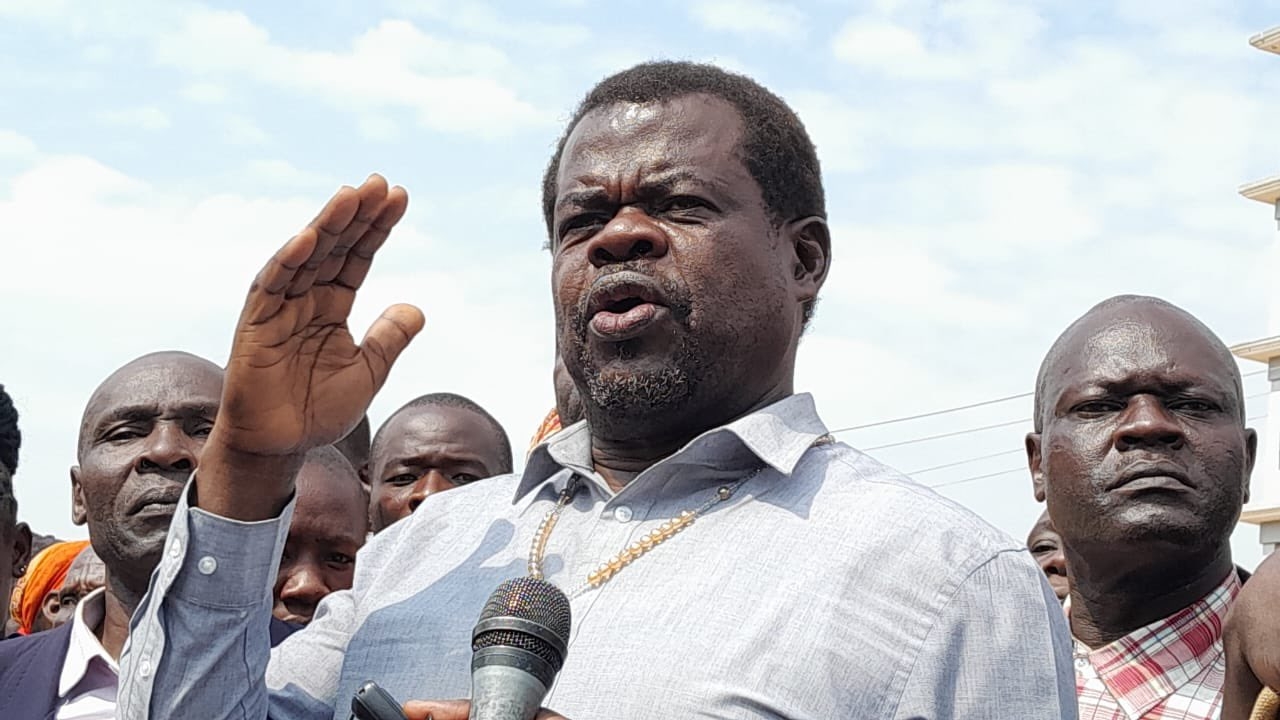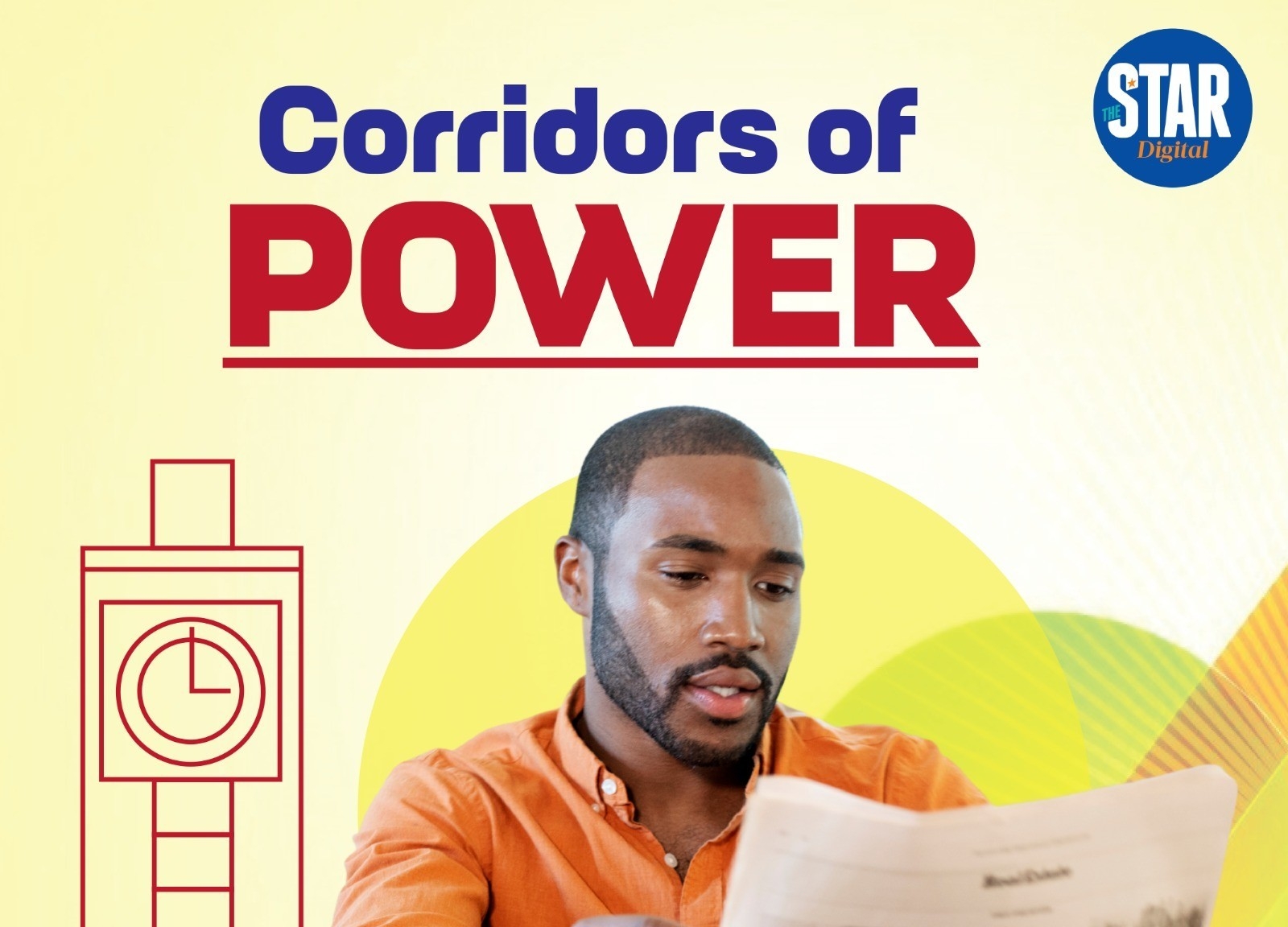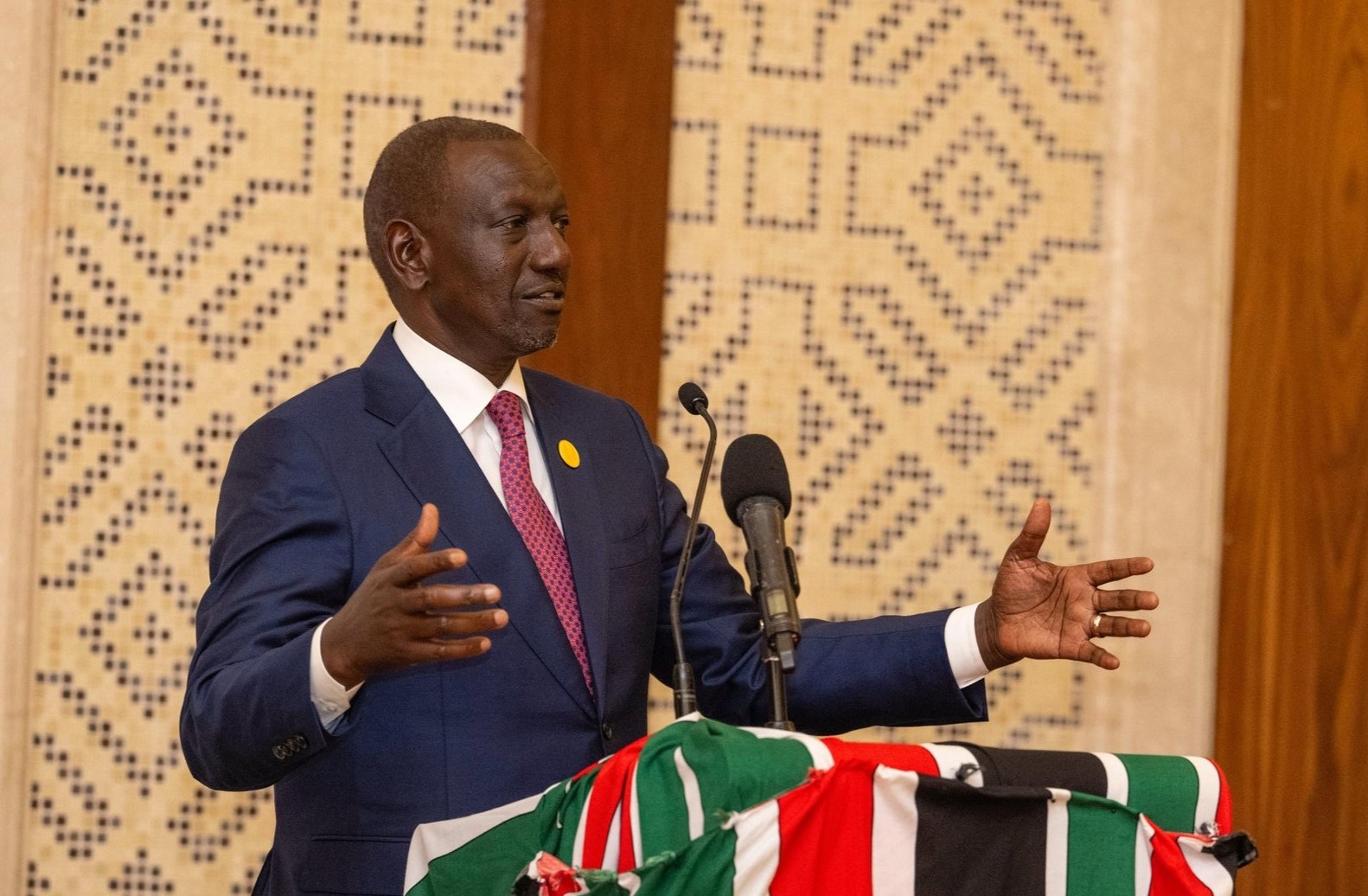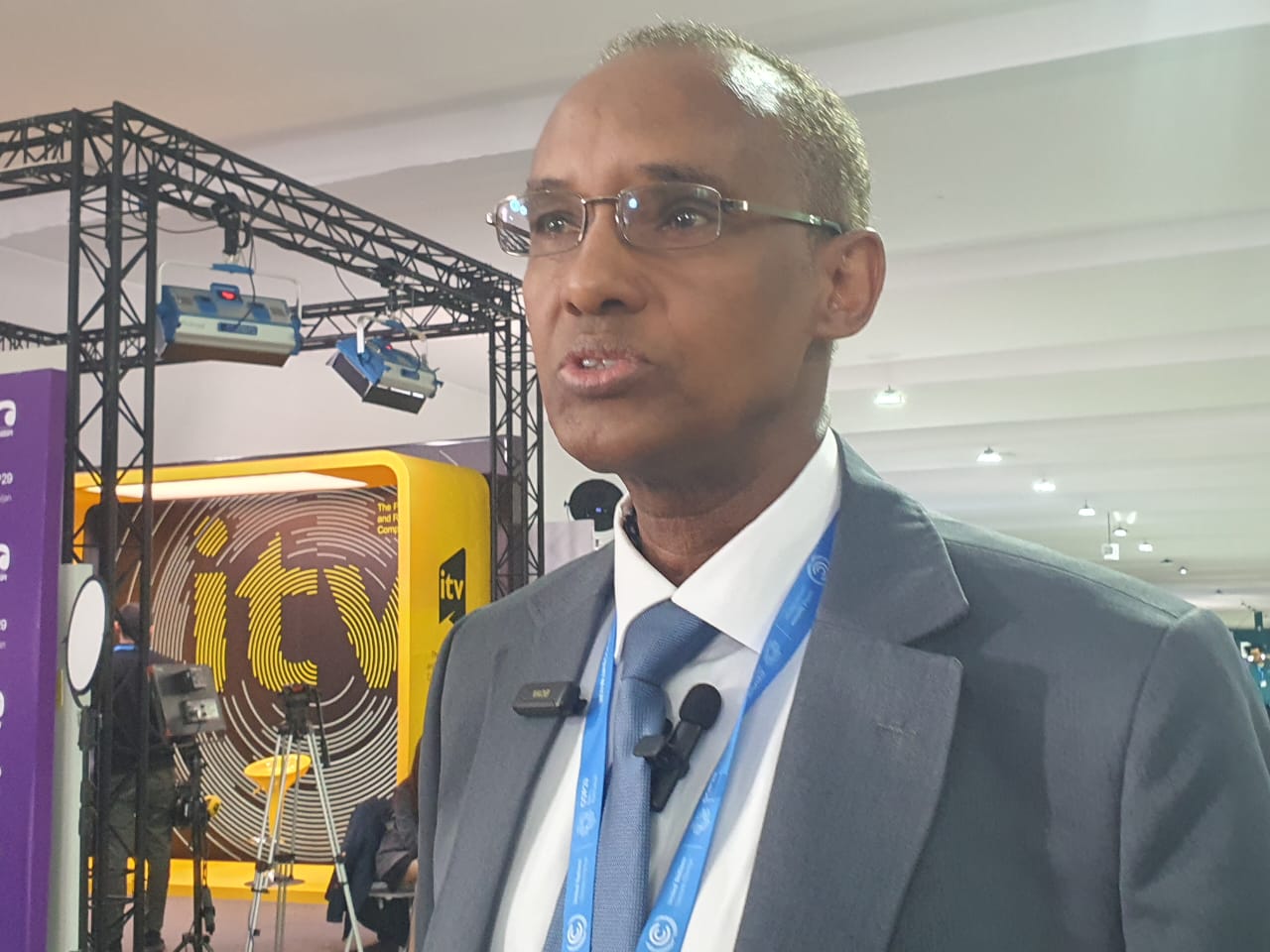
Africa has held that the ongoing climate talks must offer meaningful outcomes, not just an agreement.
African Group of Negotiators (AGN) chairperson at COP29 Ali Mohamed on Saturday expressed both hope and concern in response to the release of the third draft text on the New Collective Quantified Goal (NCQG) framework at the ongoing talks.
“While recognising the progress made, we feel the need to emphasise that the talks must result in more than just an agreement; they must lead to meaningful outcomes that address the unique challenges faced by Africa and the Global South,” Ali said.
Ali said the African continent has repeatedly said the ongoing talks at Baku, Azerbaijan, are of immense importance to the continent as it faces the most severe impacts of climate change despite contributing the least to global emissions.
The Africa Group negotiator, who is also Kenya’s Special Envoy for Climate Change, said the lack of significant progress at the technical negotiator level during the first week raises significant risks moving into the second week.
“However, at the end of the day, Africa is clear about the objectives it requires. For Africa, simply reaching an agreement for the sake of agreement is not good enough,” Ali said.
Ali reiterated that the new climate finance goal must offer confidence that developed countries will support the delivery of real-world outcomes in the response to climate change by developing countries.
“Africa stands resolutely behind its call for $1.3 trillion per year as a mobilisation goal, underpinned by the provision of at least half of this in grants and concessional finance.”
Africa’s low-lying coastal regions, drylands, and diverse ecosystems, from Cairo to Cape Town and Mombasa to Monrovia, are at high risk from rising temperatures, extreme weather events, and disrupted rainfall patterns.
The African continent is calling for bold action and equitable solutions that can ensure a fair and sustainable future for all.
For the continent, COP29 is not just about securing climate finance, but about ensuring that the solutions put forward will support long-term resilience and a just transition.
The African Group of Negotiators stresses that any agreements made at Baku must be grounded in the principle of climate justice, ensuring that those most vulnerable are prioritised.
For Africa, adaptation is no longer an option, it is a necessity
“African nations are facing mounting costs due to climate impacts. The need for scaled-up adaptation financing is urgent,” states Amb Mohamed.
“Adaptation is no longer an option; it is a necessity. For our countries to continue their development efforts while safeguarding the livelihoods of millions, we need access to reliable, predictable, and accessible funding. Without this, the promises of international cooperation will remain empty."
Ali calls for a clear commitment from developed nations to meet their financing obligations and for financial flows to be directed towards the adaptation priorities set by African governments and communities, ensuring that resources address the most pressing vulnerabilities.
He noted:
“This is a global crisis that demands global solutions. Climate change cannot be fought in isolation. The role of multilateral institutions like the United Nations Framework Convention on Climate Change (UNFCCC) is critical in fostering inclusive, transparent, and accountable discussions. We must remain committed to the spirit of cooperation and mutual support.”
African and Global South Nations have repeatedly emphasised the need for a fair and equitable global governance system that enables countries to meet their climate goals while recognising their unique national circumstances and development needs.
Multilateralism provides the platform for this dialogue and cooperation, ensuring that all nations, especially those in the Global South, have an equal seat at the table.
Ali said the continent wants a good deal, not just any deal while acknowledging the difficult and complex negotiations underway.
“We are not here to secure just any deal, but one that ensures the most vulnerable nations receive the support they need to cope with and mitigate climate impacts. We need a deal that addresses finance, technology transfer, loss and damage, and ensures robust accountability for the promises made,” he said.
The African Group of Negotiators emphasised that any agreement from the Baku talks must align with the goals of the Paris Agreement, particularly in terms of limiting global temperature rise to 1.5°C and enhancing support for adaptation efforts in vulnerable regions.
“We are hopeful that through continued dialogue and a commitment to fair outcomes, we can achieve a comprehensive agreement that truly addresses the needs of Africa and the Global South. Our children and generations to come deserve a future in which climate action is not just aspirational but tangible and where the burden of this crisis is shared fairly,” Ali said.






